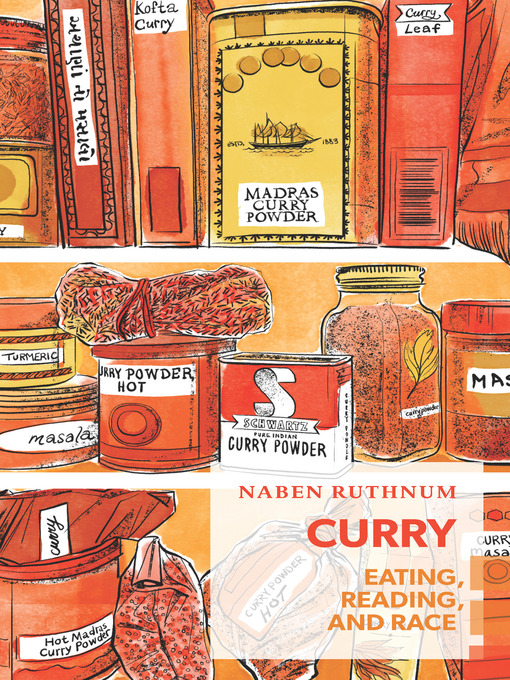No two curries are the same. This Curry asks why the dish is supposed to represent everything brown people eat, read, and do.
Curry is a dish that doesn't quite exist, but, as this wildly funny and sharp essay points out, a dish that doesn't properly exist can have infinite, equally authentic variations. By grappling with novels, recipes, travelogues, pop culture, and his own upbringing, Naben Ruthnum depicts how the distinctive taste of curry has often become maladroit shorthand for brown identity. With the sardonic wit of Gita Mehta's Karma Cola and the refined, obsessive palette of Bill Buford's Heat, Ruthnum sinks his teeth into the story of how the beloved flavor calcified into an aesthetic genre that limits the imaginations of writers, readers, and eaters. Following in the footsteps of Salman Rushdie's Imaginary Homelands, Curry cracks open anew the staid narrative of an authentically Indian diasporic experience.

